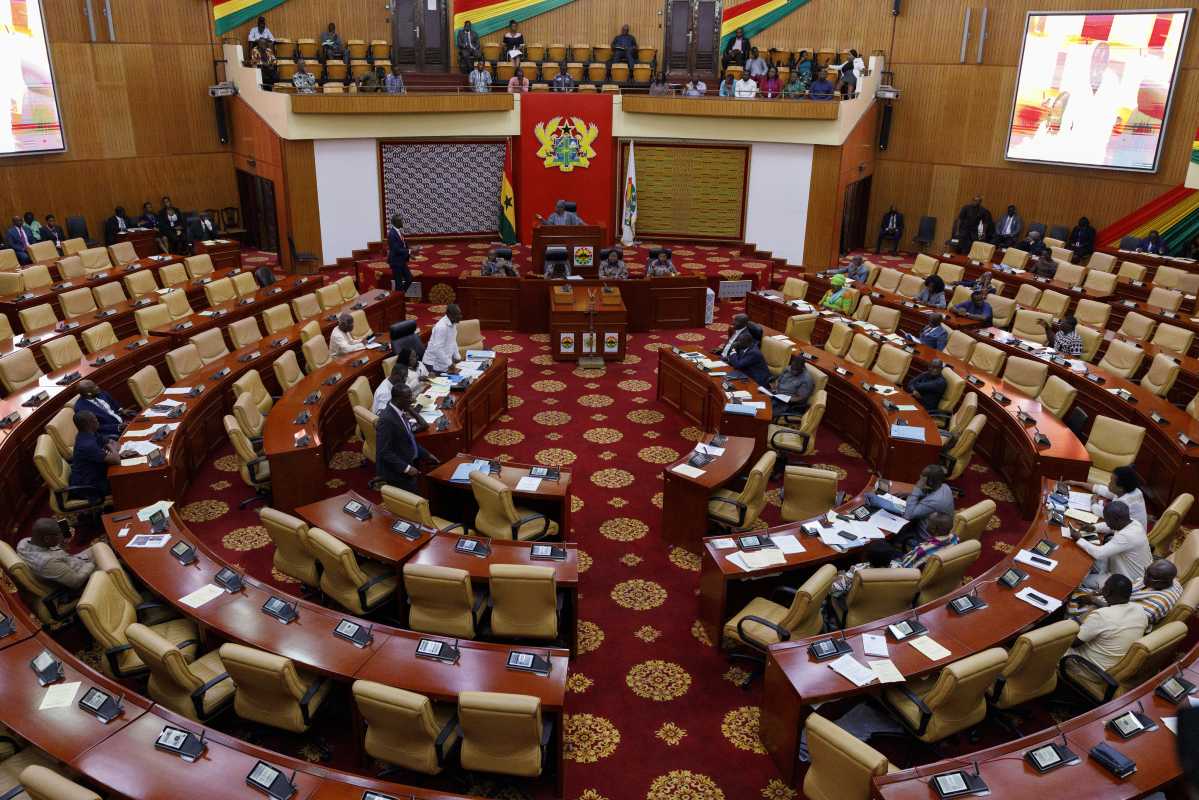World
Ghana Passes Controversial Anti-LGBTQ Bill Amid Global Criticism

Ghana‘s parliament has recently approved a contentious new anti-LGBTQ legislation, marking a significant development in the ongoing debate in the West African nation. The bill, known as the Human Sexual Rights and Family Values Bill, received unanimous support from lawmakers and now awaits the signature of Ghana’s President, Nana Akufo-Addo.
The proposed law aims to establish guidelines for human sexual rights and uphold Ghanaian family values. If enacted, individuals identifying as LGBTQ or supporting LGBTQ activities could face imprisonment for up to three to five years, further intensifying existing penalties for gay sexual acts that are already outlawed in the country.
Expressing concern over the potential implications of the bill, United Nations High Commissioner for Human Rights Volker Türk has called for its rejection, emphasizing the importance of safeguarding the rights and dignity of LGBTQ individuals. Türk urged the Ghanaian government to protect all citizens from violence and discrimination, irrespective of their sexual orientation or gender identity.
The introduction of the Human Sexual Rights and Family Values Bill in 2021 followed heightened anti-LGBTQ sentiments triggered by the establishment of Ghana’s first LGBTQ+ community center. The move sparked a wave of backlash and raised tensions within the country, with LGBT+ Rights Ghana’s director, Alex Kofi Donkor, highlighting the unexpected intensity of the negative response.
Notably, this development takes place within a broader regional context where a significant number of African countries criminalize homosexuality. Ghana’s move to pass this bill follows Uganda‘s similar legislation in 2023, reflecting a concerning trend in the region.
Internationally, the United States has expressed deep unease over Ghana’s anti-LGBTQ bill, emphasizing that it threatens fundamental freedoms guaranteed by the Ghanaian constitution. The U.S. State Department criticized the legislation, stating that it contradicts Ghana’s longstanding values of tolerance, peace, and respect for human rights.












